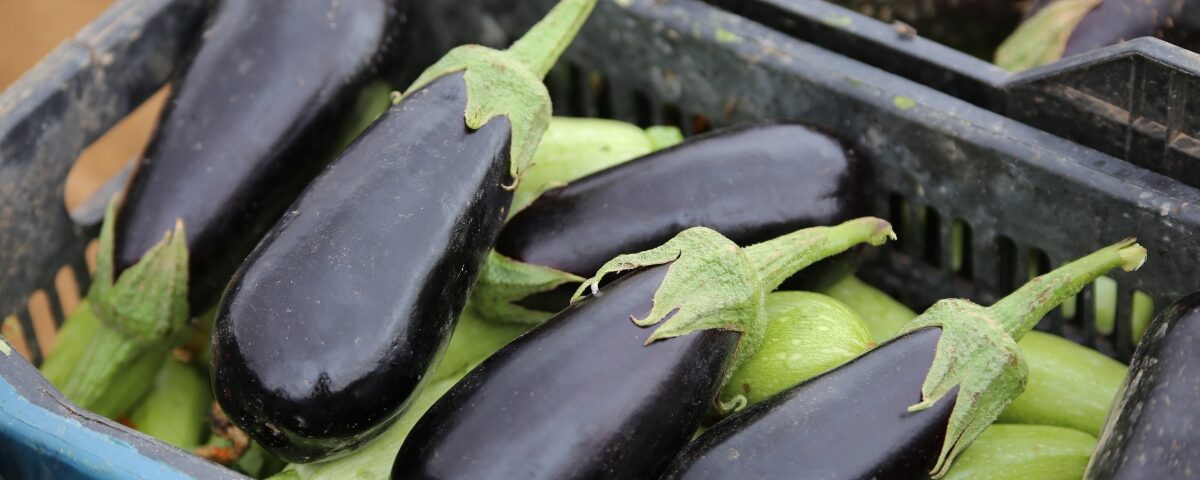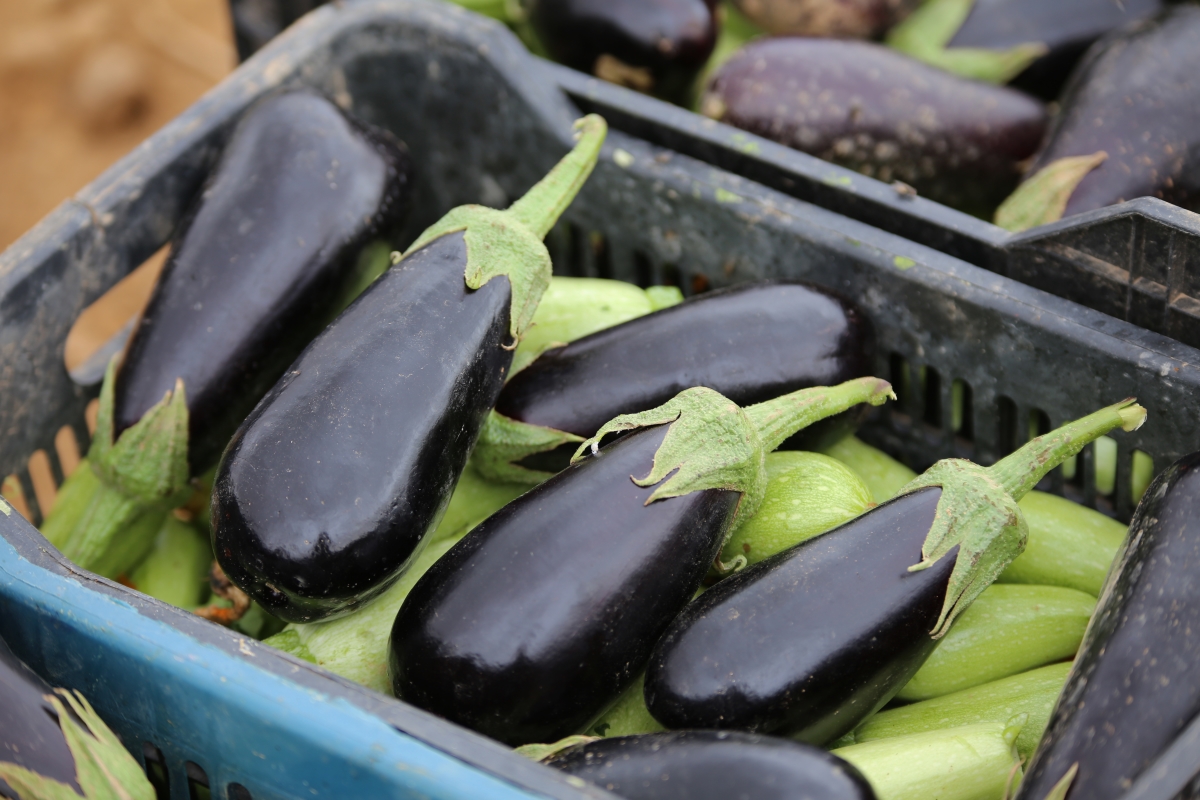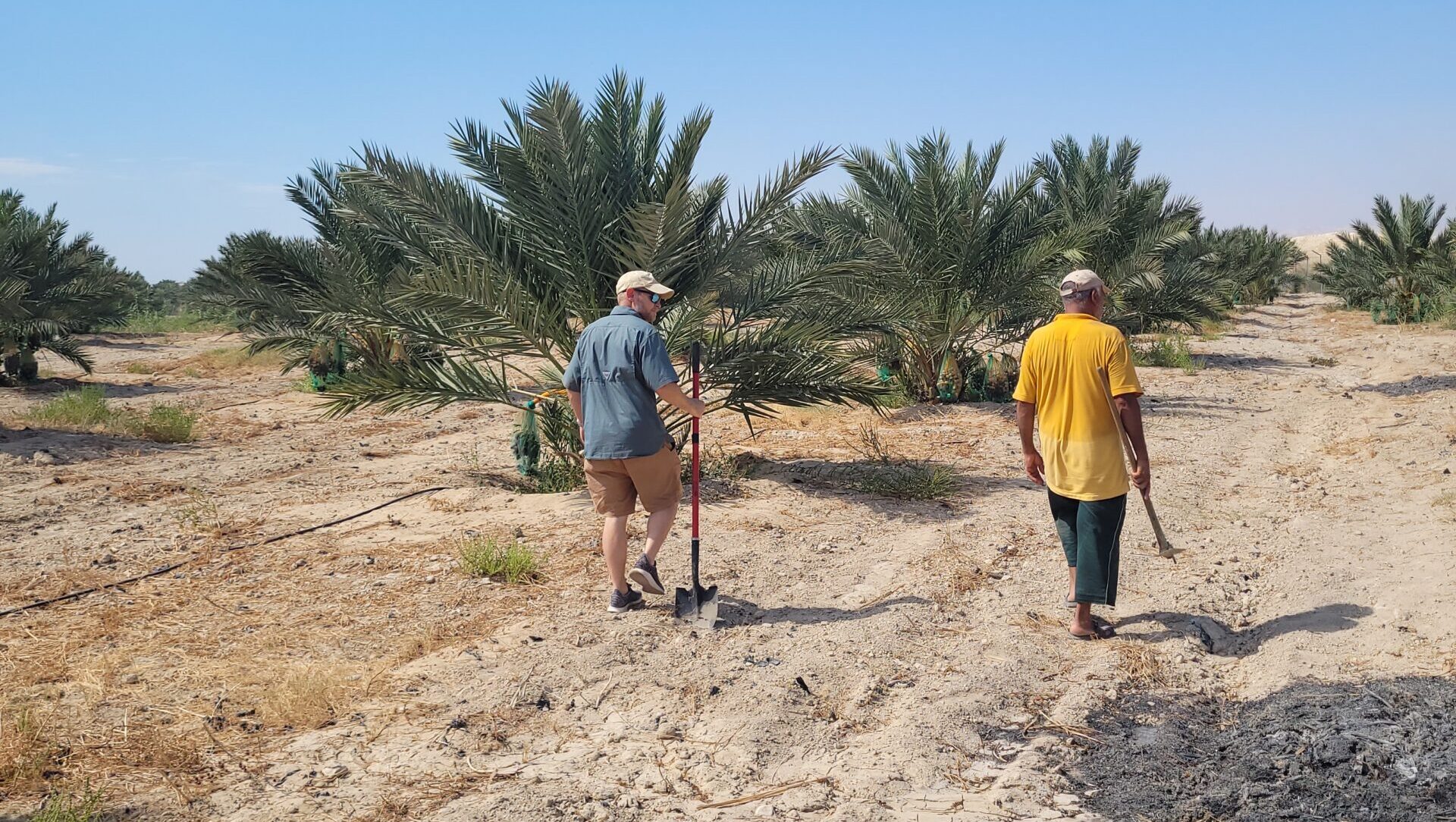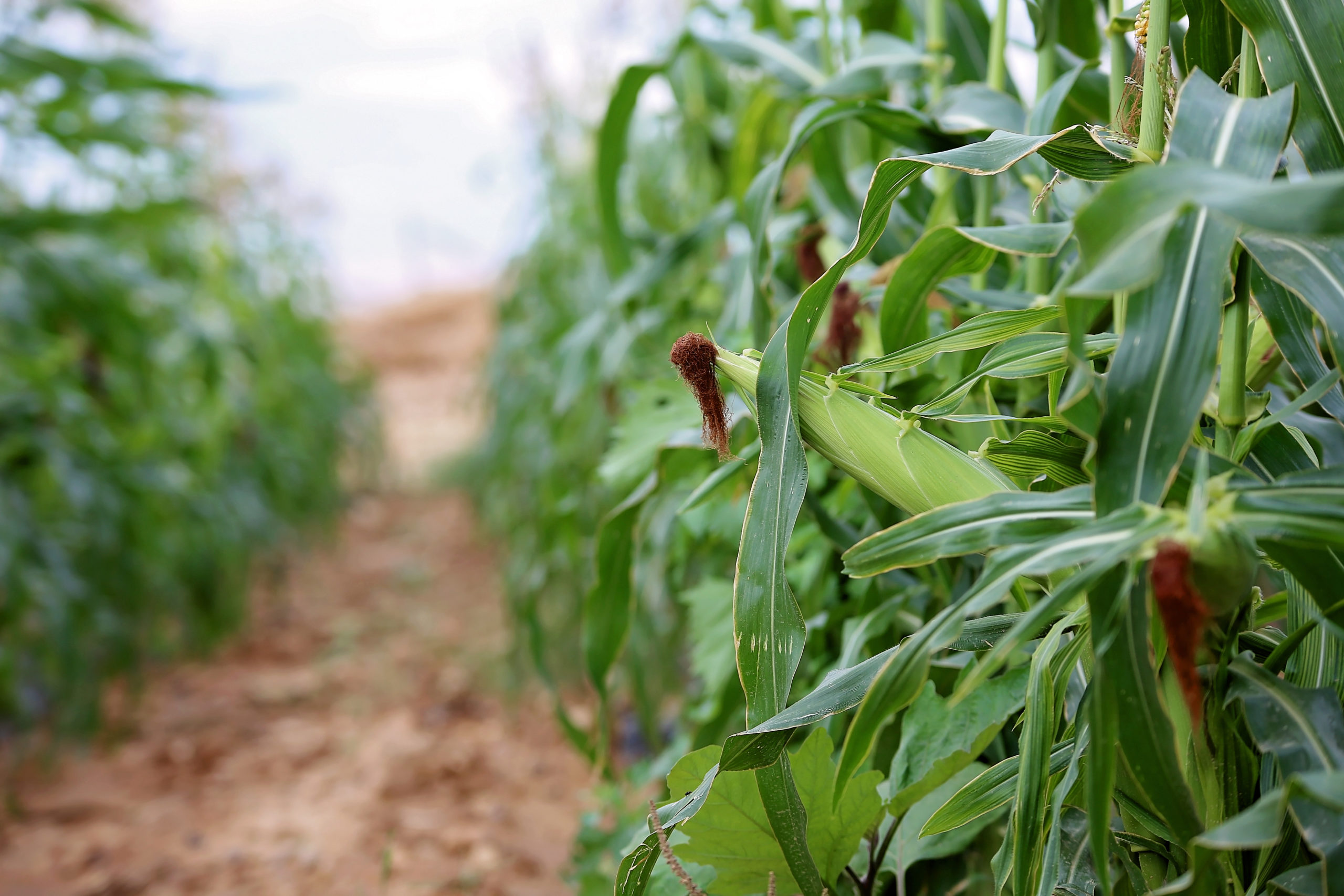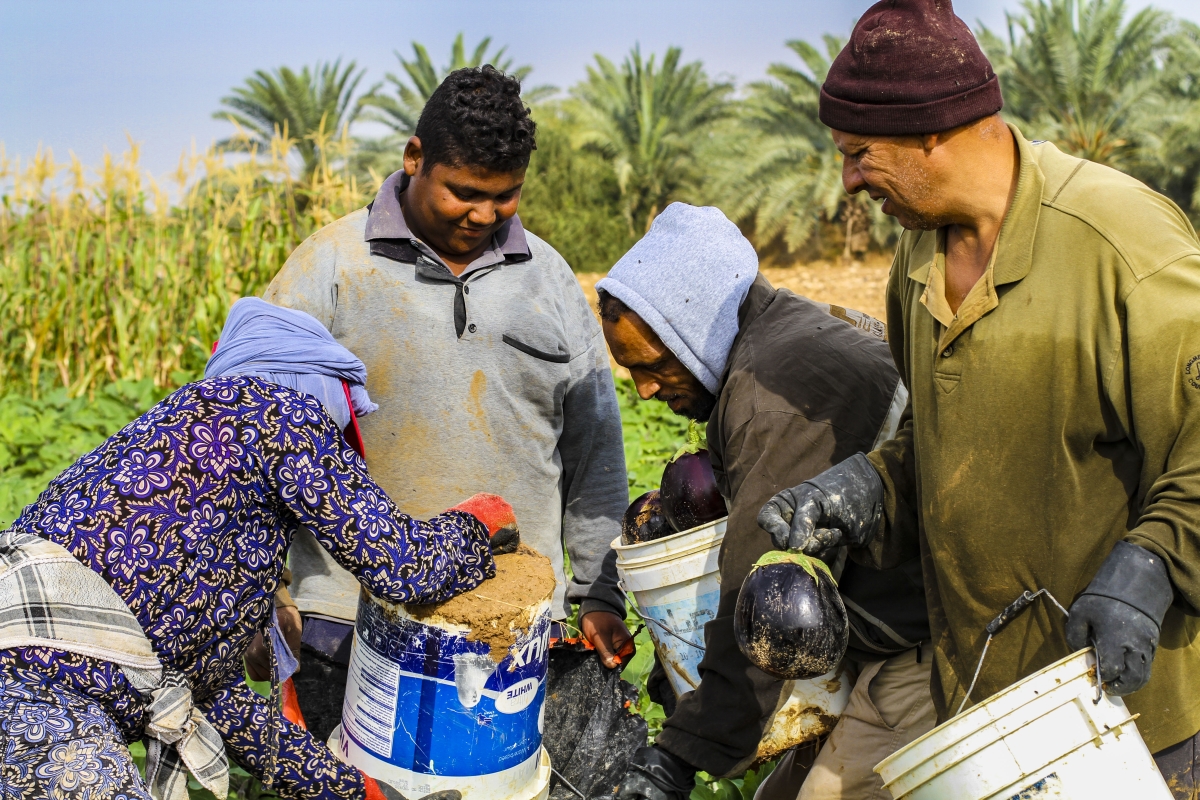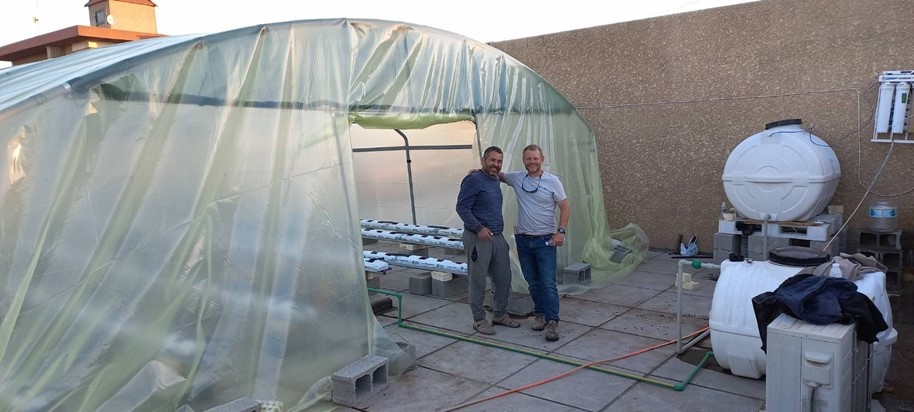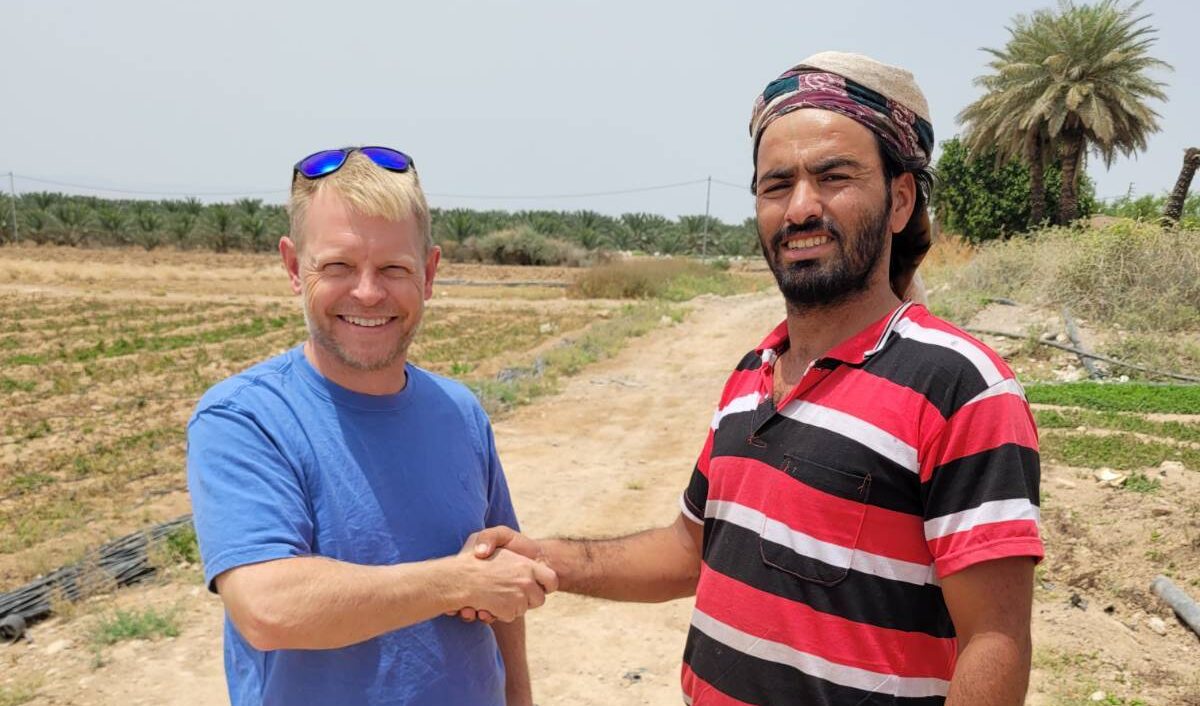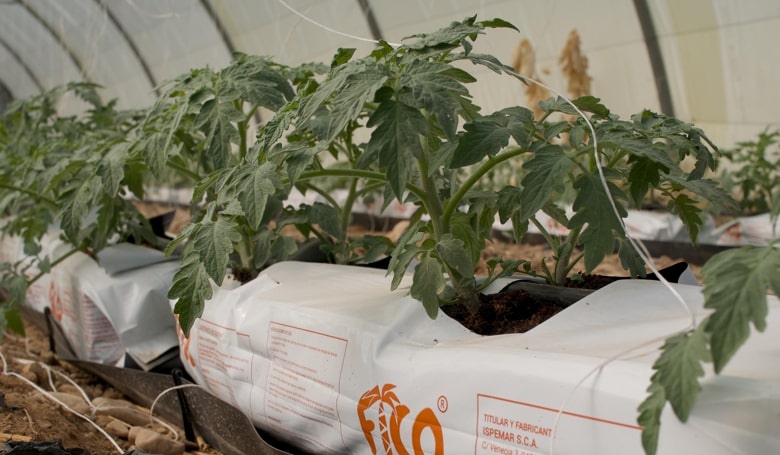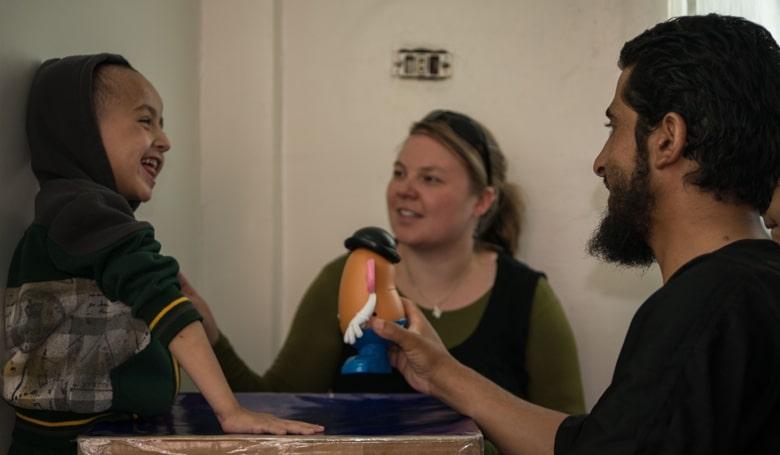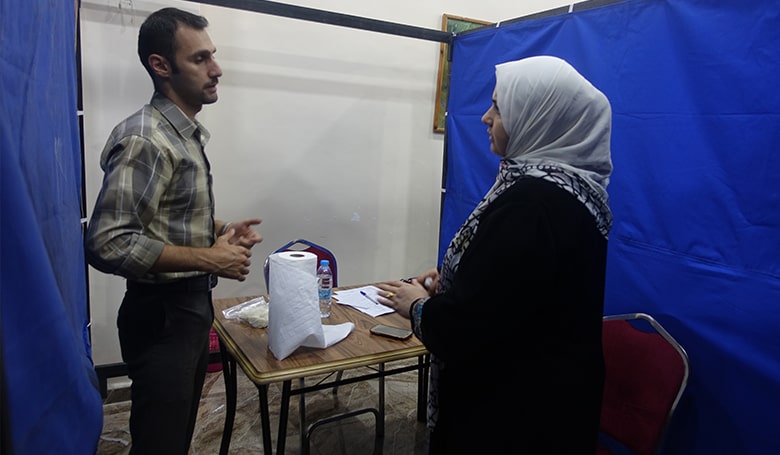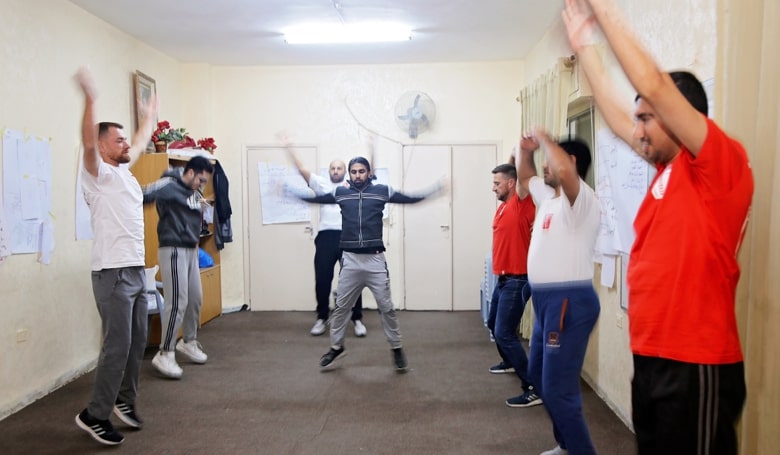"There are differences in the way we farm," says Abu Ahmed* as he compares farming techniques at the AC4D farms to how surrounding farmers have worked for decades in the Jordan Valley. Because the produce from the farm is boxed up and sent to refugee families throughout Jordan, nutritional diversity is essential. "We grow more than one crop because when we send [the produce], we send more than one type in the boxes. There must be zucchini, eggplant, cauliflower, corn, cabbage, and peppers. Our farm is like a supermarket! Everything is available in it."
Nutritional diversity is a luxury for many who struggle to sustain their families in Jordan. While many in the area farm purely for quantity and profitability in the local marketplace, growing a single large crop in a growing season, workers at the AC4D farm grow for quality and diversity of produce. They do this through a method of farming called crop rotation: a practice of sequentially growing various plants on the same land. This rotation benefits soil and crop production by lowering the risk of pests and crop diseases and increasing soil fertility and yields. However, this farming method also serves local impoverished families by providing them with high-quality, nutrient-dense fruits and vegetables.
This model is new to the Jordan Valley, but Abu Ahmed and the men who work alongside him recognize the impact this has on low-income refugee families. "Many people benefit from this project," explains Abu Ahmed. It's not just those whom the farm serves who benefit, but also those who work for the farm: the plowers and planters, the man who oversees irrigation, the man who cares for the ground itself, and, of course, Abu Ahmed himself, who explains that he's "gained a lot of wisdom since learning about this new system," and feels he has personally benefited by working in the project.
Another way the AC4D farm differs from its neighbors regarding growing techniques is the use of hydroponics. Hydroponics is a technique for growing plants in nutrient-rich water rather than soil. "Hydroponics is a new idea to us here in this area," says Abu Ahmed, "This is pretty much the first time we've seen this."
According to Abu Ahmed, hydroponic farming is valuable in the Jordan Valley. "It saves fertilizer, pesticides, and water. And it costs less money. It costs more in the beginning, at the start of the project. But after that, it costs less because it sits in the same place for a time, and you farm in the same place." Abu Ahmed explains that hydroponic farming is also ultimately easier on the workers because "there is no need to work twice." He explains that hydroponics is less physically demanding in that there is no need for tilling, weeding, and other labor-intensive farm jobs. In addition, once it has been set up, the upkeep is fairly simple and far less laborious than traditional farming.
While hydroponic farming may be new to the region, it is gaining the attention of other farmers in the valley. Abu Ahmed comments, "People are beginning to look towards this work because of the water: they want to save some water." He adds, "You save money, the work is easier, instead of [having to start over each time], the work is ready for you, you just have to do a few simple things, and you can start farming immediately. You don't have to sit and plow the ground or replace the manure."
The AC4D farm's use of multi-cropping and hydroponic farming are examples of creative solutions for inhospitable soil and providing nutrient-dense food to people in need. The various harvested vegetables at the farm are then boxed and sent to community centers and distributed to refugees living in Jordan.
*name changed



